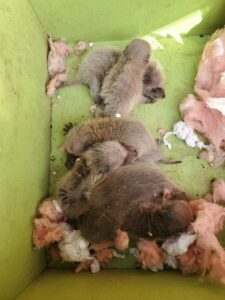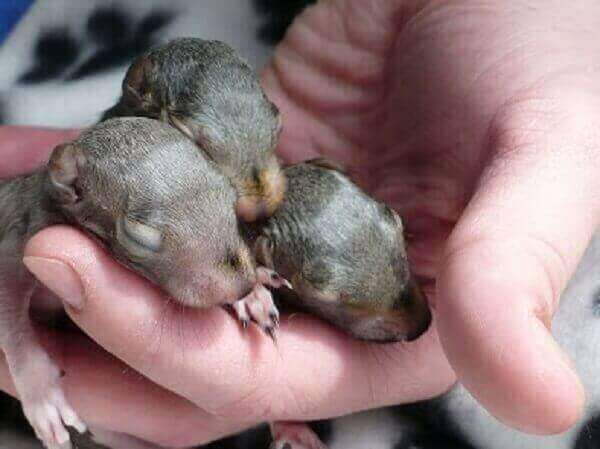There is nothing more adorable than encountering baby animals. It is natural to feel the urge to scoop them up and take them in, but beware; messing with wildlife does not always turn out for the best. If you interfere with a nest instead of contacting a wildlife control service in Ajax, you may actually endanger the creatures you are trying to save. Before you decide to “rescue” some poor helpless baby wildlife, consider these seven potential issues:
1. Legal Issues
Did you know that interfering with some species of wildlife may be illegal? Some species, including certain birds, mammals, and aquatic life, are protected in Canada. Also, while a rescue attempt may not be a legal issue in its own right, housing or taking wildlife in to tame them or make them pets could violate local laws. Before you attempt to rescue babies that may not need saving, be sure to check with local law enforcement to make sure you are not putting yourself into legal peril.
2. Lack of Knowledge
What animals did you come across? What do you know about the species? Have you ever raised a baby of that species before? Rearing young wildlife is difficult, especially if you are not familiar with the creature or their diet. Many young animals require a specific feeding routine, which can mean the difference between life and death if you get it wrong.
3. Survival
A baby animal is always better off with its mother. Animals naturally know how to take care of their offspring. The best chance a young animal has for survival is to be with its kind; if you remove an animal from its home, you automatically put it at risk for things like shock, malnutrition and infection. Leave baby animals alone, and if you are concerned about their well-being or safety, be sure to contact a qualified wildlife expert.
4. Abandonment
 There is a misconception that when you come across baby animals alone, it means the parents have abandoned them. Abandonment is not a reality in most situations. Most of the time, if you come across a nest or den with babies alone, it only means the mother went out for food, to build an alternative den, or she maybe even closer than you think.
There is a misconception that when you come across baby animals alone, it means the parents have abandoned them. Abandonment is not a reality in most situations. Most of the time, if you come across a nest or den with babies alone, it only means the mother went out for food, to build an alternative den, or she maybe even closer than you think.
5. Sad Reality
If you take animals from their den or nest before they are ready, you risk the very life you are attempting to save. If you cannot eliminate the emotional and unnecessary pull you feel to the babies, think about the mother coming home to find her nest empty. Mama animals do not just abandon their offspring; in most cases, they will return.
6. Emergent Care
If you come across a nest or den and find injured babies, then you can assist but do your best to not handle the animals. Contact a wildlife specialist and let them help you. Injured animals, even young ones, are dangerous and can potentially injure you. You may also want to check for the adults. Sometimes, babies can appear malnourished because a car injured or hit the mother. If you find evidence of such an event, then contact a wildlife removal expert immediately.
7. Good Intentions
While you may have all the good intentions, remember that wildlife has survived through centuries without help or interference from people. While you may feel a pull to care for what you believe to be a helpless critter, know that the mother is likely just around the corner. Do not let an animal’s cuteness fool you into taking baby animals from their home.
Have you found a nest near your home? Do you believe baby animals are scurrying around your property? If so, contact Skedaddle Humane Wildlife Control. The specialists with Skedaddle will come to your property and assess it for signs of animals. If they discover something, then they will do their best to reconnect the babies and their mother outside of your home. If the babies are on their own, then the service will take the little creatures to a sanctuary.



